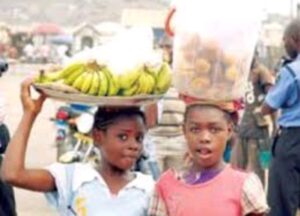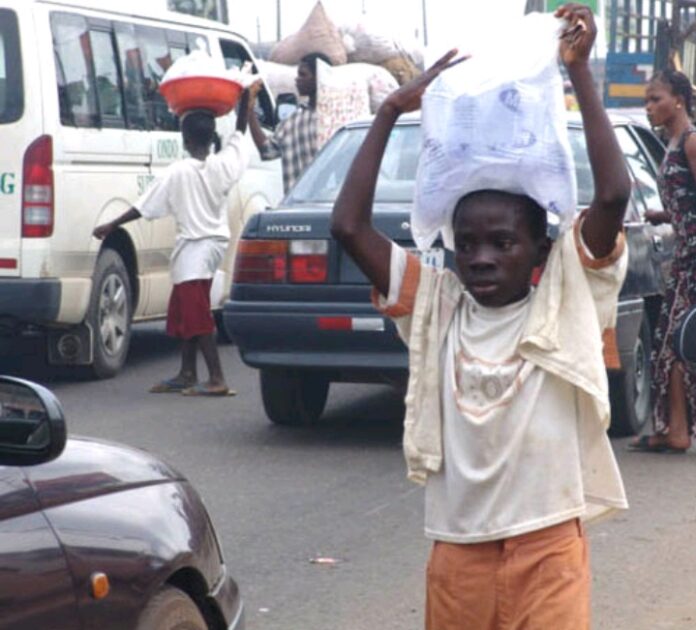Street hawking, common in many developing countries, sees children selling goods on the streets to support their families. While it provides income, it exposes children to significant health dangers.
The physical risks are alarming: children face traffic accidents, respiratory issues from vehicular emissions, undernutrition, stunted growth, weakened immune systems, and communicable diseases due to poor sanitation.
Mental health concerns are equally critical. The pressure to earn money induces stress and anxiety, and harassment from customers and law enforcement can lead to long-term trauma.
Deprived of education, these children miss out on crucial cognitive and emotional development, leading to feelings of hopelessness and depression.

To protect these vulnerable children, government intervention is urgent. Key measures include:
1. Enforcing Child Labor Laws: Strict enforcement and harsher penalties for violations can reduce children’s exposure to health risks.
2. Educational Support: Access to free, quality education and financial incentives for families can keep children in school.
3. Healthcare Access: Mobile clinics and health camps can provide regular medical check-ups and vaccinations.
4. Social Services and Rehabilitation: Counseling, rehabilitation programs, and safe spaces can address mental health issues and aid in recovery.
5. Public Awareness Campaigns: Media campaigns can raise awareness about the dangers of child street hawking and encourage community involvement.
Government action is essential to ensure a safe, healthy, and nurturing environment for every child, securing their well-being and future.




